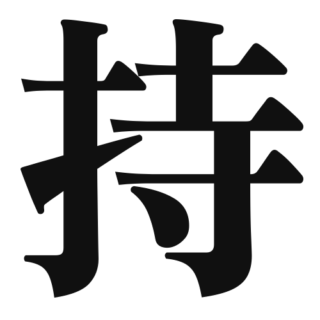 N4
N4 持
1. Overview of MeaningThe kanji "持" (mochi) means "to hold" or "to possess." It conveys the idea of having something in ...
 N4
N4 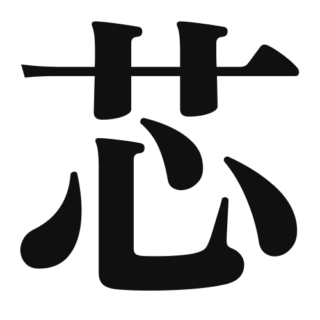 others
others 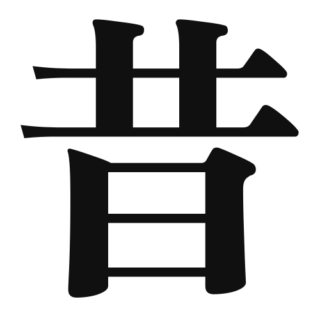 N3
N3 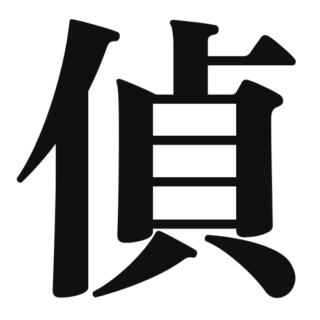 N1
N1  N4
N4 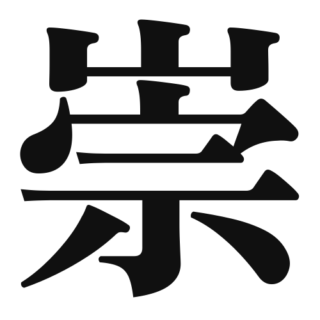 N1
N1 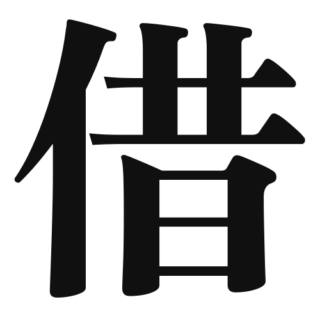 N4
N4 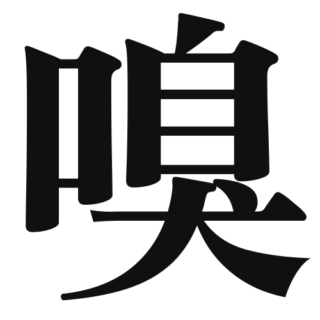 others
others 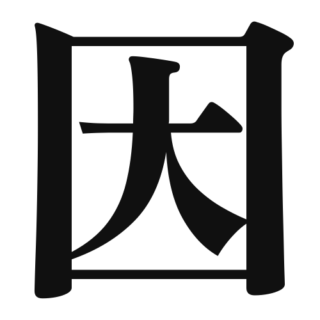 N3
N3 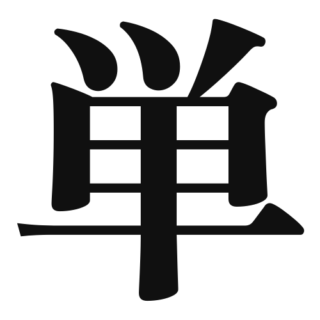 N3
N3